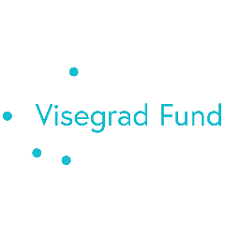Вишеградський фонд
Visegrad гранти
За допомогою грантів ми прагнемо просувати інноваційні ідеї, які вирішують спільні виклики за допомогою високоякісних проектів регіональної співпраці. Незалежно від того, чи займаєтеся ви мистецтвом, працюєте з уразливими групами чи зосереджуєтесь на інноваційному підприємництві, ми віримо, що регіональне співробітництво може принести позитивні зміни у вашу сферу діяльності чи громаду.
